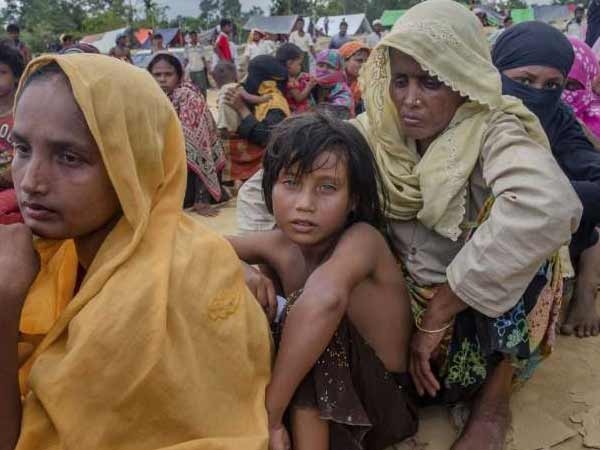
Geneva [Switzerland], April 28 (ANI): The United Nations High Commissioner for Human Rights has urged Bangladesh to “immediately allow” two boats with 500 Rohingya refugees onboard “to come ashore and receive necessary food, water and health care.”
The human rights group said in a statement on Saturday the boats have been trying to reach the shores of Bangladesh from the international waters since early last week. But the Bangladesh Navy and Bangladesh Coast Guard are not allowing them into the country, Dhaka Tribune reported.
“I am writing to request your urgent assistance to ensure a safe haven is found in a timely manner for hundreds of refugees and migrants currently stranded at sea,” High Commissioner Michelle Bachelet said in a letter to Foreign Minister AK Abdul Momen.
“This is a human tragedy of terrible proportions. In a spirit of solidarity and at the beginning of the Holy Month of Ramadan, I appeal to you in the strongest terms to open your ports and allow the boats to land,” read the April 24 letter, a copy of which was obtained by Dhaka Tribune.
The appeal was made after Momen said last Thursday that he would not allow any more Rohingya s into the country because “Bangladesh is always asked to take care of the responsibility of other countries.”
He added that many Bangladesh is are returning home amid the COVID-19 pandemic, so “we have no room to shelter any foreign people or refugees.” His declaration last week raised alarm as it came only days after dozens of Rohingya died on a boat that waited at sea for two months before it could land.
The two new boats are believed to be in international waters hoping to get an opportunity to reach Malaysia. The Malaysian navy turned back one boat last week and has increased patrols as it expects increased attempts to smuggle people into the country.
Nearly one million Rohingya , who fled atrocities in their native Myanmar in 2018, are living in refugee camps in Bangladesh.
In her letter, Bachelet further asked to ensure proper responses to refugees and migrants in distress at sea and avoid “dangerous interception practices and collective expulsions, including pushing back boats.” (ANI)



















